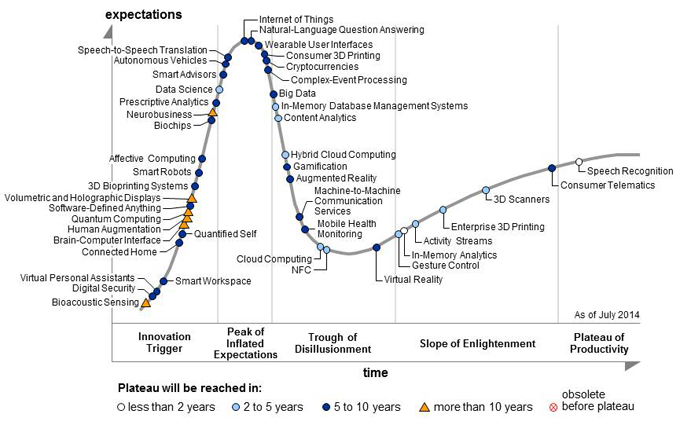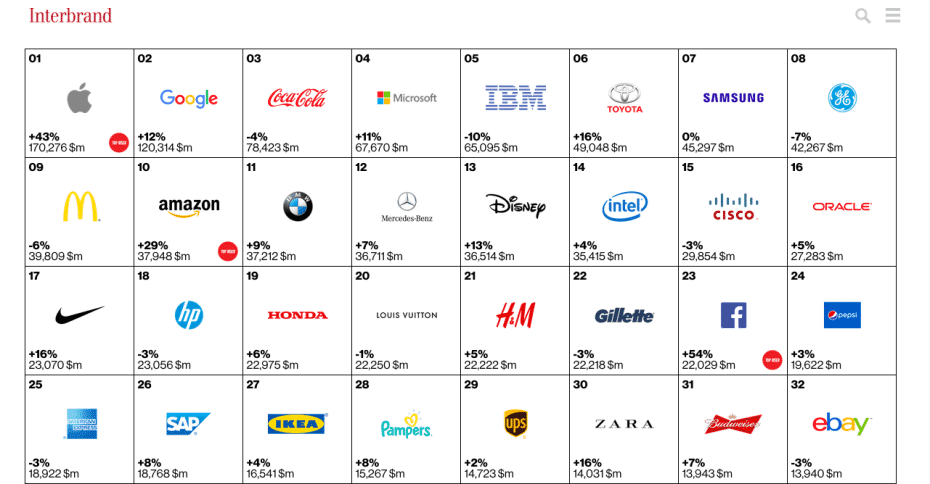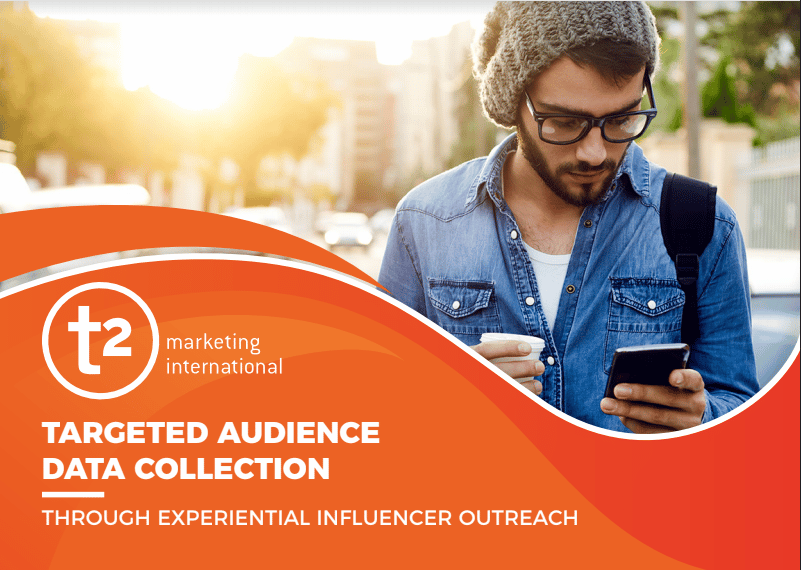This article originally appeared on CoreyPadveen.com.
When it comes to marketing and startups, there are some buzz words that have been so overused that they cause more of a cringe than add value to a presentation.
We’ve all been there: listening to a pitch – whether it’s from a seasoned marketing veteran or a young entrepreneur – and hearing a buzz word that immediately draws our attention away from the presentation and onto the use of the term. We ask ourselves, “Why would they say that? It sounds ridiculous!”
While some of these terms are simple modifiers, others are industry titles themselves that are starting to cause more harm to businesses within those markets than good.
Revolutionary/Revolutionize
Virtually nothing you’re doing is ‘revolutionary’. Unless you’re finding cures or new treatments for diseases that have plagued mankind for centuries, harvesting solar energy in order to halt the reliance on fossil fuels for every person on the planet (thanks Elon Musk!), creating a market where one did not exist in the past, or something else on that scale, all you’re doing is offering a solution to a problem (a problem that, in the case of most startups, people didn’t even realize they had).
A mobile app that makes it easier to select a ringtone from your favorite songs, for example, is not revolutionizing the way we receive phone calls. In fact, using a term like ‘revolutionize’ to describe your product immediately devalues your service in the eyes of those to whom you’re pitching. If you plan on using the term (or something like it) you better hope that what you’re about to blow people away with what you’ve created. Otherwise, you’re only hurting yourself by setting expectations too high.
‘Big Data’
Plagued by its own hype, the term ‘Big Data’ has largely become synonymous with other passing fads, like ‘Pet Rock’. But that’s not the case! There are virtually endless applications to data – both ‘big’ and small sets – and the overuse of the term has resulted in people tuning out a lot of what comes next for one major reason.
People have short attention spans. They want immediate results, and when that doesn’t happen they look for the next opportunity for instant gratification. Just take a look at the Gartner Hype Cycle (pictured below):

As you can see, ‘Big Data’ is on its way into the Trough of Disillusionment. (What a Kafkaesque name.) People are over all the hype and are now waiting to see what might actually come of it. That, combined with the fact that no real definition was ever offered, and the term was just loosely used has led to people scoffing at the term whenever they hear it.
Big data is amazing, but do yourself a favor and avoid referring to anything with the phrase in order to keep the attention on what you’re discussing.
Guru
If you’ve spent more than ten seconds perusing LinkedIn, you will have undoubtedly come across a self-proclaimed ‘guru’ or sorts. It is widely considered to be in poor taste to use terms like guru in your profile (particularly since you are describing yourself).
I once received an interesting piece of advice (that not everyone would agree with, but I do): Avoid using terms like ‘guru’, ‘expert’ or anything else that asserts your dominance in a field, as you are describing yourself in these cases. Rather, go into detail about your accomplishments and what has set you apart. Let others describe you as the expert – it goes much further.
Personally, when I see the term ‘guru’ used, whatever credibility had been built up around a profile is immediately shot.
Disruptive
You’re playing a dangerous game if you refer to your work/startup/app as disruptive and don’t have the data to back it up. Much like the term ‘revolutionary’, disruptive leads to an immediate judgment on the part of your audience. They want to know why, and if you’re not truly changing the way an industry works, you won’t be taken seriously. (OK – maybe that’s a little bit of a stretch, but you will have dug yourself into a hole that is hard to leave.)
Clayton Christensen (The Innovator’s Dilemma) coined the term ‘disruptive’ (in this sense) and the simple definition is as follows: a new breakthrough, technology or methodology that shifts an industry and forces incumbents to rethink the way they approach operations.
Unless you are doing that (think Uber/Lyft and the taxi industry) you’re not disruptive.
Engagement
What does engagement mean? This is a term so often associated with social media (another overly broad term) that it has lost most of its meaning. If I go into a presentation and talk about the great engagement we’ve seen on a campaign, the question will still remain: How are we defining engagement and what is this particular type of engagement worth?
Vanity metrics such as Facebook ‘Like’ count, Twitter favorites and Instagram ‘Likes’ have been long-standing tentpoles for engagement, but are those worth anything to a brand? And if so, what? When you want to talk about ‘engagement’ go a little deeper. Be more specific and assign value to these measurement criteria. You’ll look a lot better for it.
Conclusion
These are certainly not the only buzz words that get overused. There are dozens of terms that we hear every day that cause our ears to burn. Cutting these out and adding real value to a presentation or profile description can go a very long way.






